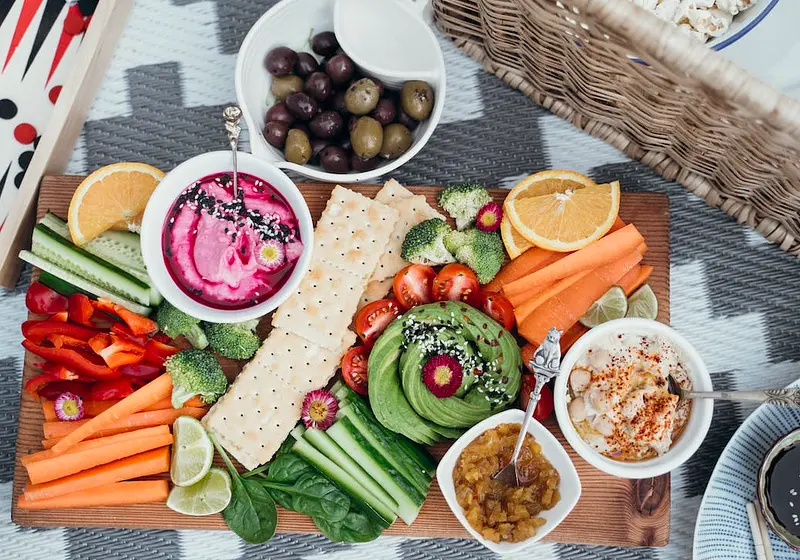There are tons of plant-based diets, including pescatarian, vegetarian, and fruitarian diets, but one plant-based diet has gained a lot of traction: veganism. Veganism has become very widespread because of its positive impact on the environment, as well as its health benefits. As plant-based diets become increasingly popular, it begs the question: is it time for teens to go vegan?
With more people turning to veganism for its health and ethical benefits, this article will explore the rise of veganism and whether it is an appropriate lifestyle choice for teens. This article will look at the potential health and environmental benefits of veganism, as well as the potential risks and drawbacks. This article will also discuss how to support fellow teens who are considering a vegan lifestyle.
Let us slide into your dms 🥰
Get notified of top trending articles like this one every week! (we won't spam you)What is Veganism?
Veganism is a lifestyle and diet that is becoming increasingly popular. It involves abstaining from the use of any animal products or by-products, such as meat, dairy, eggs, and honey. Veganism is similar to vegetarianism, but it is different in the sense that vegans don't use any animal products.
For vegans, it’s not just about the foods they eat but also about avoiding the use of animal-derived materials and products. While most vegetarians don't shy away from animal-derived products, vegans avert from items such as leather, fur, and wool.
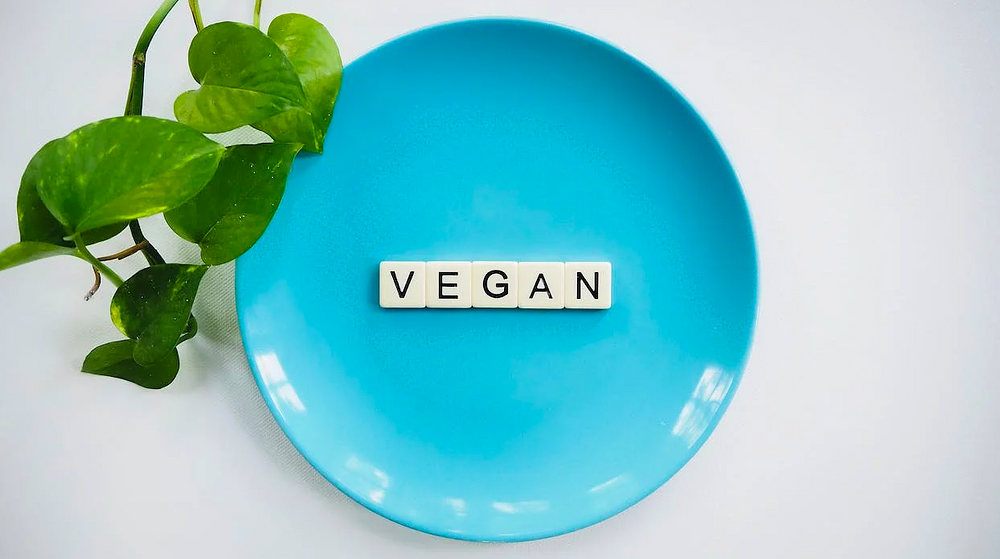
Image Credit: Vegan Liftz from Pexels
Take the Quiz: Which Indian city is the perfect holiday spot for you!?
Let's match you with an Indian city that you would love!
What Are The Types of Veganism?
There are many different types of vegans, but they all have one common goal: to live a compassionate, healthy life without harming any animals. Listed below are four of the main groupings of vegans, but it's important to note that many people combine these types of vegans. Some vegans may not consider themselves to be any of these, while some vegans may combine several of these groups. Here are 4 of the primary types of vegans:
1. Raw Food Vegans
Raw food vegans consume mostly or all raw, unprocessed foods. They believe that cooking food destroys its nutrients and enzymes, so eating raw food is healthier for the body and the environment.
2. Whole-Food Vegans
Whole-food vegans eat mostly whole, unprocessed foods. Whole-food vegans are similar to raw-food vegans, but they may cook their food occasionally. Most whole-food vegans believe that eating whole foods is the healthiest way to live and that it’s better to avoid processed foods, which can be harmful to the body and the environment.
3. Ethical Vegans
Ethical vegans are vegan for ethical reasons. They believe that animals have a right to live free from exploitation and that eating animal products is morally wrong.
4. Dietary Vegans
Dietary vegans are vegan solely for health reasons and benefits. They believe that a vegan diet is the healthiest way to live and that eating animal products can be harmful to the body.
Image Credit: GIPHY
What are the Benefits of Going Vegan?
Veganism is gaining popularity all over the world, and for good reason. Going vegan has a plethora of benefits, both for you and the planet. From physical health to environmental sustainability, there are several great advantages to going vegan.
Improves Your Health
A vegan diet is an incredibly healthy one, rich in vitamins, minerals, and fiber. Going vegan has numerous health benefits. Scientists have found that a vegan diet can reduce the risk of heart disease, lower cholesterol levels, reduce the risk of type-2 diabetes, and help with weight loss.
A vegan diet is also rich in antioxidants, vitamins, and minerals, which can help to protect against certain types of cancer and other health issues. Plus, going vegan can help you reduce inflammation, which can help to reduce the risk of chronic diseases.
Reduce Your Impact on the Environment
Reducing your impact on the environment is one of the biggest benefits of going vegan. Animal agriculture is responsible for at least 17% of global greenhouse gas emissions, more than the combined exhaust from all transportation, making it one of the largest contributors to climate change. By cutting out animal products from your diet, you can significantly reduce your carbon footprint.
Additionally, animal agriculture is responsible for massive amounts of water waste, deforestation, and air pollution. Going vegan can help reduce the negative environmental impacts of animal agriculture and help to protect our planet.
Save Money
Saving money is also a major benefit of going vegan. Although many people don't see it, going vegan can help you save money. Eating vegan is much more affordable than eating a traditional diet that includes animal products.
Plant-based foods such as grains, legumes, fruits, and vegetables are generally cheaper than meat, dairy, and eggs. Additionally, vegan staples such as nuts, seeds, and tofu are often less expensive than their animal-based counterparts. By eating vegan, you can save money on groceries, and put that money toward other expenses!
Feel Better Mentally
Better mental health is a benefit of going vegan because it can reduce stress, anxiety, and depression. Most vegans experience less anxiety and depression and have increased energy levels. Eating a vegan diet can help to improve overall mood and mental health, as it is typically high in nutrients and antioxidants that help to support brain health.
Additionally, the avoidance of animal products reduces inflammation, which is linked to mental health issues. Eating vegan can also help to increase self-esteem and body image, as well as increase energy and focus.
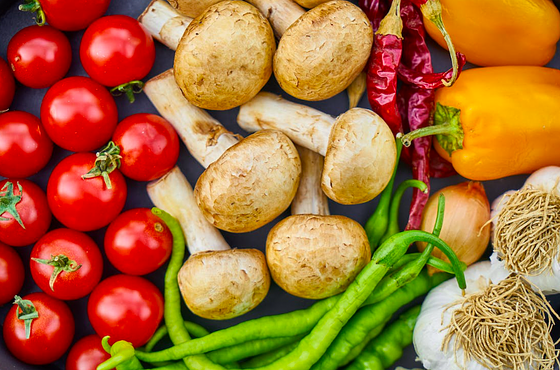
Image Credit: Engin Akyurt from Pexels
What are the drawbacks of going vegan?
Veganism impacts people differently. Some people are vegan their whole life and experience no drawbacks or problems, while others may face problematic health issues. Although veganism has many benefits, such as improved health and environmental sustainability, some potential drawbacks should be considered before trying out veganism.
Lack of Variety
One of the main drawbacks of veganism is the lack of variety in the diet. Many vegan dishes are based on plant-based proteins such as legumes, grains, and nuts. While these can be tasty and nutritious, they can also get repetitive after a while. Furthermore, some vegan foods are expensive and hard to find, making them difficult to incorporate into a balanced diet.
Nutrient Deficiencies
Nutrient deficiencies can be a common drawback of going vegan. Many vegan diets lack essential vitamins and minerals that are typically obtained from animal products. Many vegans have to supplement their diets with vitamin B12 and other essential vitamins and minerals, as these are often not available in vegan sources.
Additionally, some vegan diets lack adequate amounts of protein, calcium, and omega-3 fatty acids. Without supplementation, some vegans can be at risk of developing nutrient deficiencies that can lead to health complications.
Hard to Follow
Going vegan can be hard to follow. A lot of vegan ingredients aren't widely available and require careful meal planning, which can be difficult and time-consuming. Many vegans feel the need to plan when eating out, and the need to read food labels to ensure that ingredients are vegan-friendly.
Additionally, it can be difficult to find vegan replacements for some favorite animal-derived foods, such as cheese, eggs, and meat. It can also be difficult to get enough protein, iron, and other essential nutrients, as many vegan sources of these nutrients are not as easily accessible. Finally, many people miss the taste and texture of animal-derived foods, making it difficult to stick to a vegan diet.
Social Isolation
After consulting with many vegans, I discovered how isolating going vegan can be. Social isolation is a drawback of going vegan because many social gatherings revolve around food, and not all foods are vegan-friendly. People may feel excluded from events where they can't eat the food being served, or they may feel awkward bringing their vegan food to the event. Plus, it can be a challenge to find restaurants or other social gathering places that offer vegan-friendly options, making it harder to participate in social activities.
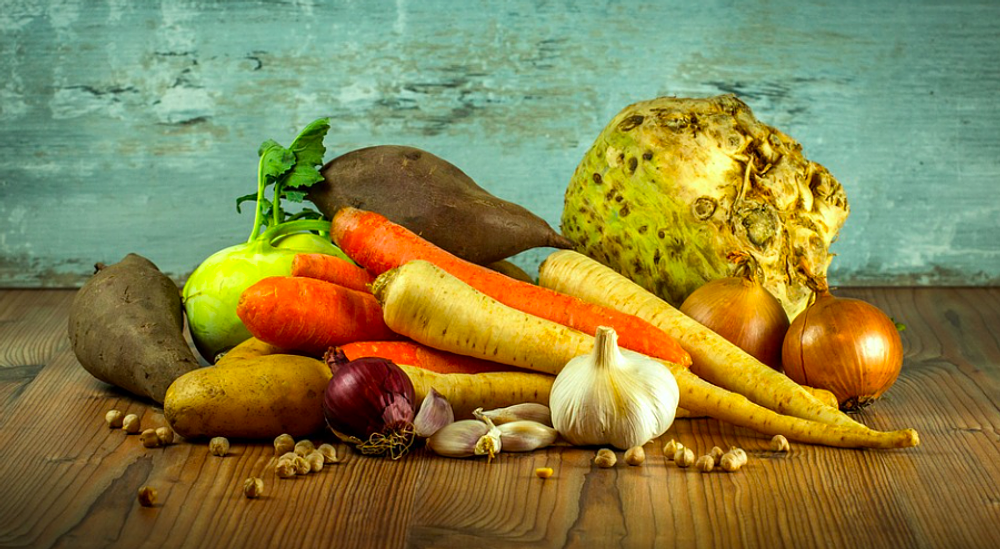
Image Credit: LubosHouska from Pixabay
How to Support Someone Going Vegan?
If you know someone who is becoming vegan, you may be unsure of how to support them. Listed below are some tips for supporting someone who is going vegan.
Don't Tell Them "They're Missing Out"
Make sure you don't tell your friends that "they're missing out." Avoiding this saying is a good way to support a vegan because it helps to eliminate any potential judgment or pressure. Instead of conveying the message that they are missing out on something, you can offer them positive reinforcement and encouragement in their choice to follow a vegan lifestyle. You can also provide them with resources and information about veganism, such as recipes, health benefits, and environmental impacts, to help them stay informed and motivated.
Make Them Feel Seen
Making vegans feel seen is a great way to show support for their lifestyle choice. This could be done by asking them about their diet and showing interest in the vegan food they eat. It could also include speaking positively about veganism, attending vegan events, and sharing vegan recipes. Showing understanding and respect for their lifestyle can help them feel supported and accepted.
Offer Vegan Snacks/Options
Offering vegan snacks is a great way to support someone who is going vegan. Having a few vegan snacks at your house for friends and family shows that you value and respect the vegan's choice not to eat animal products. It also helps to make the vegan feel more welcome and included in a group setting, as they can now enjoy a snack that they can eat without worrying about whether it contains animal products.
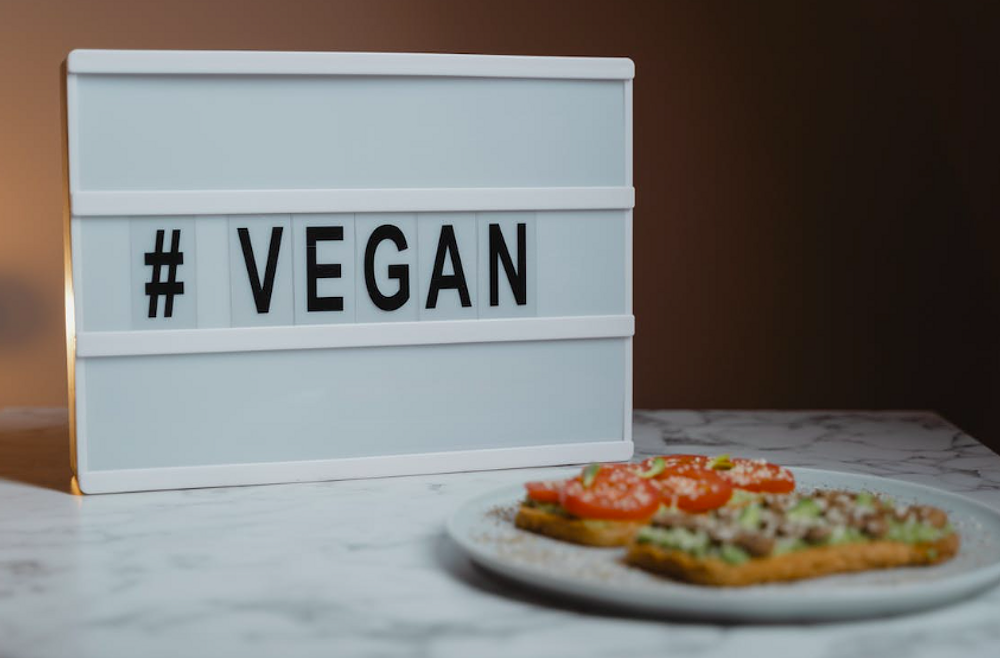
Image Credit: Tima Miroshnichenko from Pexels
Tips for Making the Switch to Veganism
Start Slow
Starting slow when becoming vegan is a good idea because it allows you to get accustomed to the lifestyle without overwhelming yourself. It can be difficult to make a complete dietary switch in one go, so taking it step by step can help you to make the transition easier. Additionally, it allows you to experiment with different vegan recipes and find ones that you enjoy, so you won’t become bored with your food choices. Plus, it allows you to gradually reduce your intake of animal products and become more comfortable with a vegan lifestyle before committing to it completely.
Get Creative
Getting creative when becoming vegan is a great idea because it allows you to explore the amazing variety of vegan ingredients and recipes available. Eating vegan doesn't have to be dull, and getting creative can help you find new and exciting meals that you love. Not only will it make your transition to veganism easier, but it can also help you discover new flavors and textures that you may otherwise have never experienced. Additionally, it allows you to get creative in how you replace your traditional favorite meals with vegan alternatives.
Research
Researching when becoming vegan is a good idea because it can help you understand the dietary requirements and nutritional needs of a vegan diet. It can also help you learn about the different types of vegan foods available and the best sources of vegan proteins and other essential nutrients. Researching vegan diets can also help you identify potential health benefits, such as improved heart health. Lastly, researching can also help you find delicious vegan recipes and meal plans to make sure you are getting all of the essential nutrients you need while still enjoying the food you eat.
Try New Food
Trying new foods when becoming vegan is essential because it will allow you to explore a variety of plant-based options and discover a wide range of flavors and textures that you may not have had the chance to try before. It also helps to expand your palate and add variety to your diet which can prevent food boredom and ensure you are getting all the nutrients you need. By trying new foods, you can also discover new favorites that you can continue to enjoy for years to come!
Going vegan can be a fun and rewarding experience. Going vegan is not only good for the environment, but it is also good for your physical and mental health. But before going vegan, it's a good idea to consult with your guardians or physician, so they are aware of your plans.
For some people with health problems, becoming vegan may not be the best thing to do. Whether you do or don't decide to go vegan, make sure to support your friends and family members who have decided to go vegan.
span#count0, span#count1, span#count2, span#count3, span#count4, span#count5, span#count6, span#count7, span#count8, span#count9, span#count10, span#count11, span#count12, span#count13, span#count14, span#count15, span#count16, span#count17 { display: inline; }





